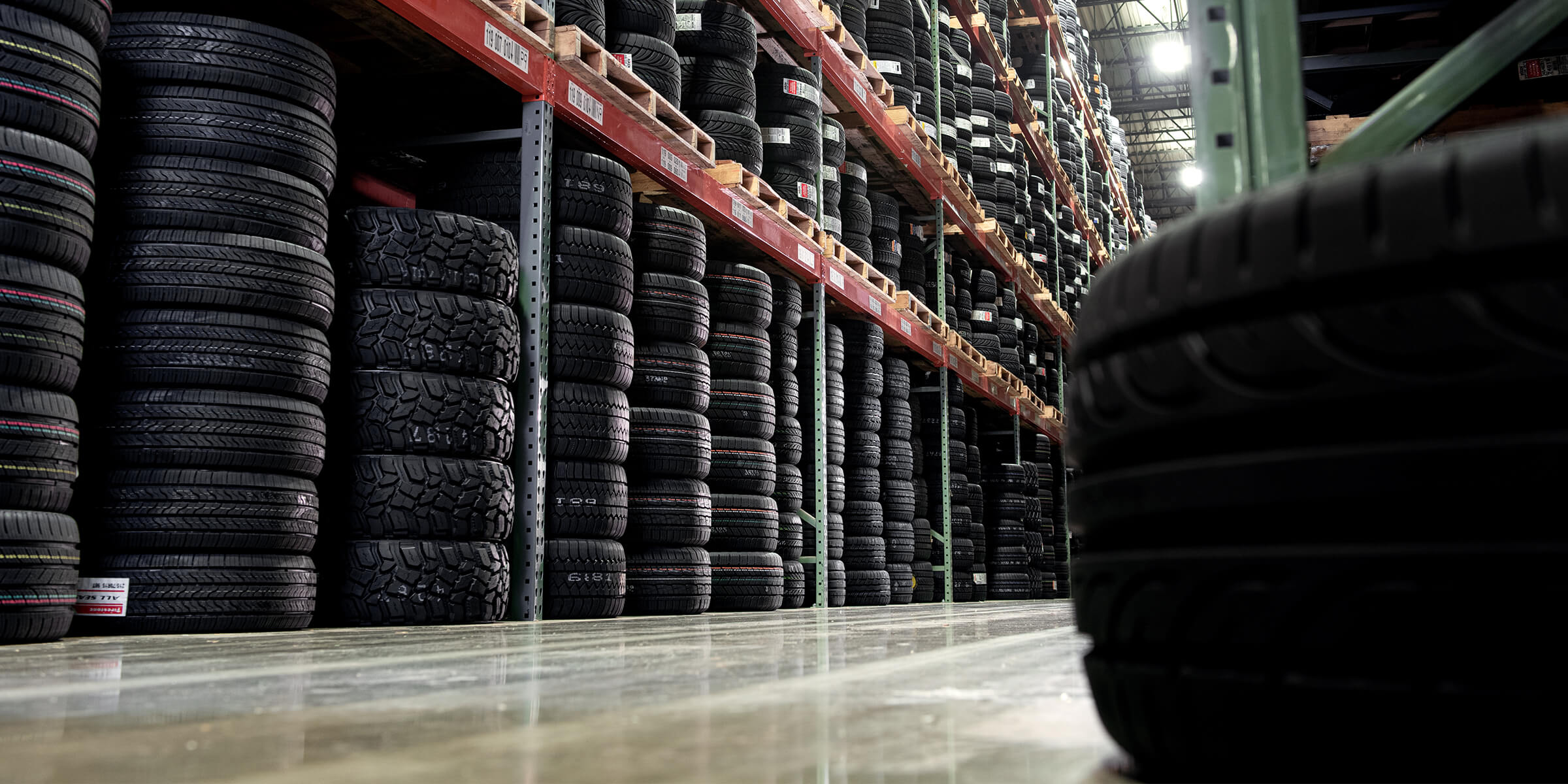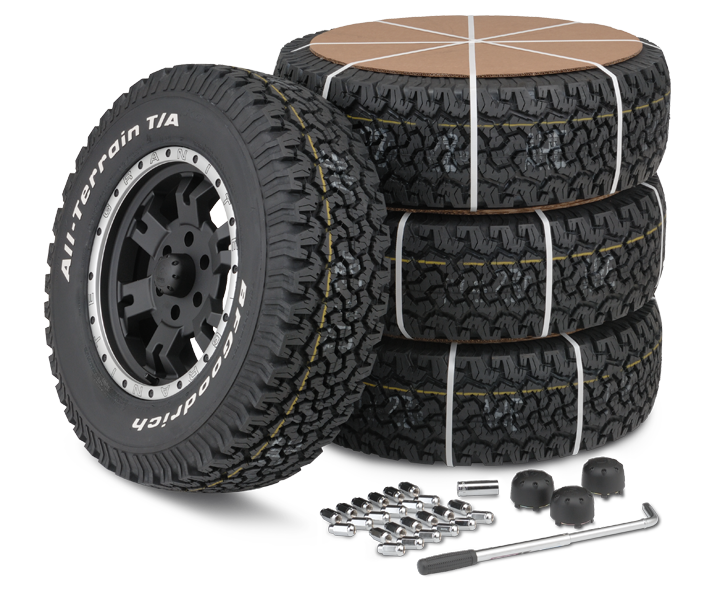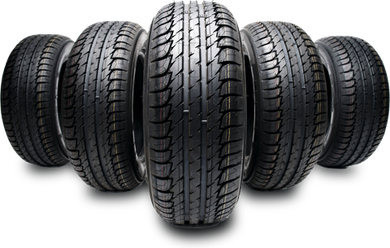Tire Service: Understanding Tire Stress Surveillance Solutions
Recognizing Tire Stress Monitoring Systems (TPMS) is an essential facet of preserving ideal car performance and safety when traveling. With developments in auto technology, TPMS has actually ended up being a common function in contemporary cars, giving real-time details on tire stress levels. Diving much deeper right into the complexities of TPMS, one can uncover the different parts that make up this system and the significance of each in making sure precise surveillance. From straight to indirect TPMS systems, the landscape of tire pressure surveillance varies, each with its one-of-a-kind collection of factors to consider and advantages. Keep tuned to unravel the intricacies of TPMS, from upkeep ideas to the undeniable benefits of keeping your tires appropriately pumped up. tires morris il.

Value of TPMS
The significance of Tire Pressure Tracking Solutions (TPMS) hinges on their capability to improve lorry security and performance with real-time tracking of tire pressure levels. Maintaining the correct tire stress is essential for ensuring optimum handling, stopping, and total safety of a lorry. TPMS gives motorists with instant responses on any overinflated or underinflated tires, enabling prompt changes to be made.
Parts of TPMS
Sensors are usually located in the tire valve stem or affixed to the wheel assembly, where they determine tire pressure and transmit data to the control component. Some progressed TPMS models likewise present the actual tire stress analyses for each tire, providing vehicle drivers with real-time information to ensure ideal tire performance and safety. By keeping an eye on tire pressure continually, TPMS assists avoid mishaps, minimizes tire wear, and boosts gas performance, making it an essential element for vehicle security and efficiency. tires morris il.
Types of TPMS

On the other hand, indirect TPMS counts on the car's wheel speed sensors to check tire stress. This system finds underinflation by comparing the rotational speeds of the wheels. Indirect TPMS is much less costly than straight TPMS, as it makes use of existing sensors within the lorry.
While direct TPMS offers a lot more precise readings, indirect TPMS is easier in design and usually calls for less maintenance. Both systems have their limitations and benefits, and the option in between them frequently depends upon aspects such as expense, automobile make, and personal preference. Understanding the differences in between these two sorts of TPMS can help lorry owners make informed choices pertaining to tire upkeep and security.
TPMS Maintenance Tips
Effective upkeep of TPMS is Website important for making certain ideal performance and safety of your lorry. Frequently examining the TPMS sensors for any damages or rust is vital. Guarantee that the sensing units are cost-free and tidy from debris that can interfere with their functioning. Additionally, it is suggested to inspect the sensor batteries regularly and replace them as needed to ensure precise analyses. Conduct regular look at the tire pressure degrees and compare them with the TPMS readings to ensure they are consistent. If there are any type of disparities, alter the system following the maker's standards. Additionally, during tire turning or replacement, make certain that the TPMS components are dealt with meticulously to stop any type of prospective damage. If the TPMS advising light brightens on the control panel, attend to the issue immediately by examining the tire stress and the overall system for any faults. By sticking to these maintenance pointers, you can prolong the life expectancy of your TPMS and improve the safety and security of your driving experience.
Benefits of Correct Tire Pressure
Keeping proper tire pressure, as highlighted in TPMS Upkeep Tips, is vital for enjoying the numerous advantages connected with optimum tire stress degrees. In addition, appropriate tire pressure guarantees also tire wear, prolonging the life-span of the tires and advertising safer driving conditions. In final thought, YOURURL.com the advantages of proper tire stress go past simply tire long life; they incorporate boosted fuel efficiency, improved safety and security, much better automobile performance, and total driving convenience.
Verdict
To conclude, comprehending tire stress tracking systems (TPMS) is crucial for maintaining optimum tire pressure and making certain car safety and security. By acknowledging the value of TPMS, knowing with its elements, knowing the different types readily available, adhering to appropriate pop over to this site maintenance ideas, and realizing the benefits of maintaining proper tire pressure, vehicle drivers can boost their driving experience and lengthen the lifespan of their tires. Appropriate tire pressure is crucial to risk-free and reliable vehicle operation.
